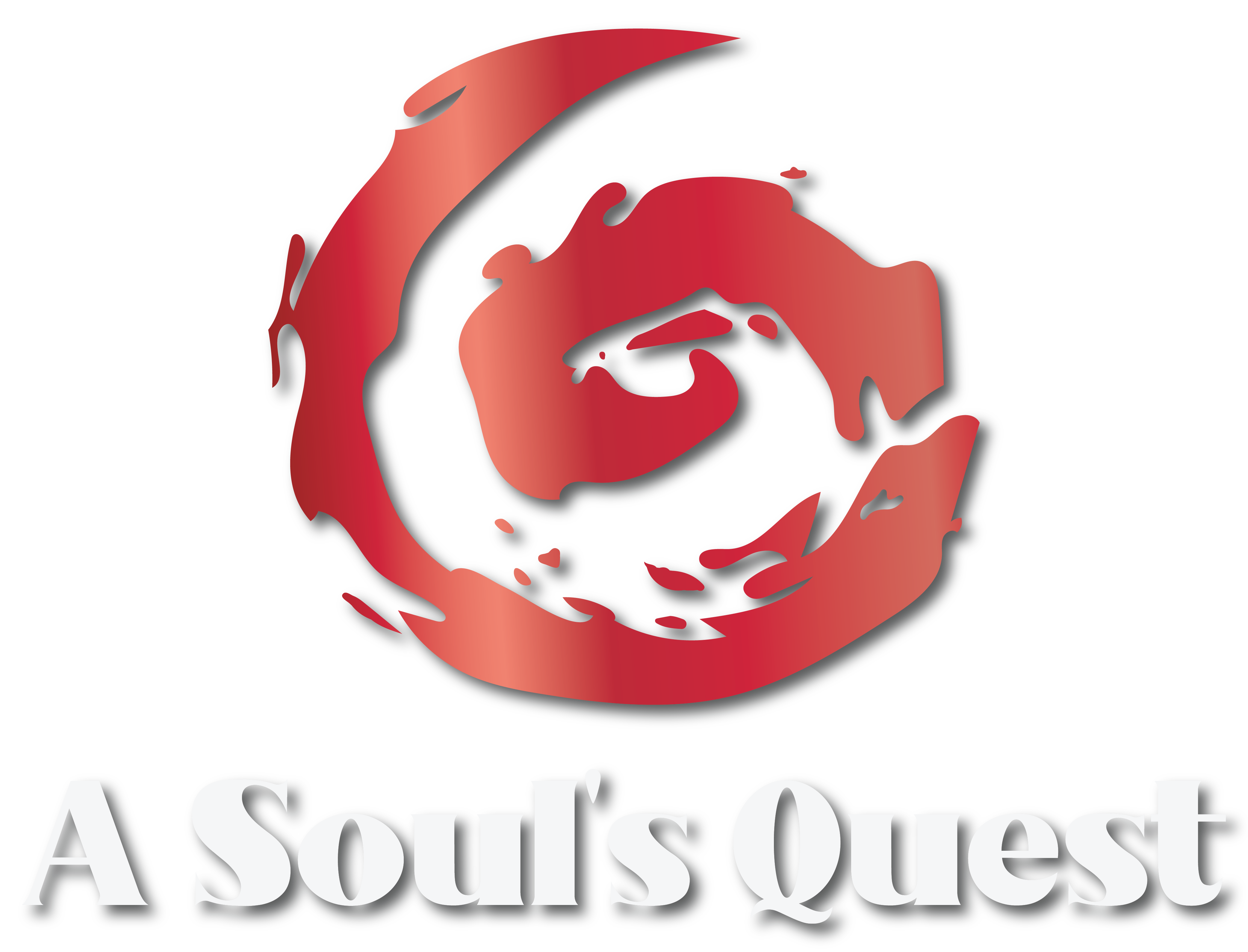Forgiveness stands out in the complex web of human emotions as a practice that can liberate trapped emotions and promote personal development. It is a profound journey that goes beyond the confines of our previous grudges and unlocks the way to genuine healing and inner peace. By exploring the depths of forgiveness and realizing its importance, we can free ourselves from the oppressive weights of resentment and anger, opening the door to a brighter future brimming with compassion, understanding, and growth.
At its core, forgiveness is a choice—a consciously made decision to throw off the chains that keep us bound to the suffering of the past. It is a sign of our strength and resiliency rather than a sign of weakness. By choosing to forgive, we set out on a journey of profound transformation, unraveling the tangles of resentment and enabling the light of restoration to shine into our souls. Forgiveness becomes the key that opens the door to emotional freedom in a world where hurt and harm can leave permanent imprints on our hearts. The magic potion heals the rifts in our relationships and calms our bruised emotions. By choosing forgiveness, we free ourselves from bitterness and resentment, allowing our spirits to soar and our hearts to mend.
Yet forgiving someone is not an easy feat. It necessitates the willingness to face our suffering and painful memories. It requires serious self-reflection and a deep dive to comprehend the causes of our emotions and how they affect our lives. We may only begin to understand the complexities of forgiveness and harness its transformational power by gazing into the depths of our souls.
As we begin this quest of forgiveness, we must constantly remind ourselves that forgiving others is neither a sign of weakness nor an approval of the behaviors that have caused us harm. Instead, it is a potent act of self-empowerment—a deliberate choice to overcome suffering and reclaim our emotional health. By choosing to forgive, we recover our ability to choose love, compassion, and peace by giving up the hold that others have had over our emotions.
We begin releasing ourselves from the bonds that have shackled us by realizing the importance of forgiveness. We understand that letting go of resentments, the bad energy that no longer serves us, and embracing a future full of possibilities are all parts of the process of forgiveness, not a single act.
We will examine seven strategies as we dig deeper into the subject of forgiveness in order to help us on this transforming quest. Each tactic, from developing self-compassion to changing viewpoints and reestablishing trust, contains a priceless key to opening the doors that have imprisoned us for far too long.
So let’s set out on this quest together, armed with wisdom, empathy, and a thirst for emotional freedom. Let’s embrace the transforming potential of forgiveness and learn its power. The quest may be difficult, but the benefits are immeasurable: a life free of grudges, bursting with love, and enhanced by the bliss of inner peace.
7 Strategies for Forgiveness
1. Exploring Internal Blocks to Forgiveness
Although forgiveness has great promise, it might be difficult to accept because of the psychological barriers to our development. These internal barriers frequently take the form of ingrained bitterness and hatred, a fear of being exposed, and false beliefs about forgiveness itself. We must acknowledge these challenges and meet them head-on. We can open the door to forgiveness and achieve emotional release by confronting our feelings, looking at the sources of our resistance, and getting help when needed.
2. Cultivating Self-Compassion
The development of self-compassion is a crucial step in the forgiveness process. To do this, we must be nice, considerate, and forgiving toward ourselves. We work on forgiving ourselves for our errors, allowing ourselves to grow and learn from them. As we prioritize our physical, emotional, and mental health, practicing self-care becomes essential. Through mindfulness, we can cultivate self-compassion and let go of self-criticism by being non-judgmental observers of our sensations and feelings.
3. Shifting Perspectives: Empathy and Understanding
We must work to develop empathy for both ourselves and others if we are to fully forgive. To do this, we must put ourselves in the position of the person who inflicted the hurt in order to comprehend their viewpoint and any possible influences on their behavior. We become more compassionate and empathic when aware of our shared humanity. As we let go of resentment and embrace understanding, the forgiving process is further supported by our comprehension of the intricacies of human behavior and intentions.
4. The Healing Power of Acceptance
Forgiveness requires acceptance as a necessary step. It entails accepting the past and how it has affected our life while letting go of the desire for a different result. By practicing radical acceptance, we welcome our flaws and let go of our attachment to particular results. We can feel the personal release and move forward with a sense of inner freedom and tranquility thanks to this potent act of surrender.
5. Rebuilding Trust and Restoring Relationships
Rebuilding relationships and letting go of resentment are both aspects of forgiveness in addition to letting go of resentment. Open and honest communication becomes crucial as we communicate our sentiments, worries, and needs to those concerned. Over time, consistency in our behavior promotes trust by highlighting our dedication to change. Furthermore, having clear boundaries makes sure that our interactions are based on respect and encouragement for one another. Maintaining a commitment to improvement while promoting an atmosphere of empathy and understanding is necessary to nurture healthy relationships.
6. The Continuous Practice of Forgiveness
Forgiveness is a practice that takes time and self-compassion and is not something that happens all at once. Along the process, it’s common to experience setbacks and relapses. Knowing this enables us to approach forgiveness with self-acceptance and patience. We may regularly foster emotional well-being and nourishing connections when we embrace forgiveness as a way of life.
7. Forgiving Oneself: The Journey Within
Compassion for ourselves and others is essential in the forgiving process. We consider our transgressions and regrets while acknowledging that human growth and transformation are inevitable. Writing forgiveness letters to oneself and doing self-reflection exercises can be effective healing and self-forgiveness strategies. We embrace our quest for self-discovery and personal development through these disciplines.
Remember, we empower ourselves to let go of previous resentments and build inner peace by accepting forgiveness as a potent catalyst for emotional emancipation and personal growth. The path of forgiveness opens the door to great healing and paves the way for a more compassionate and understanding future. Let’s remember that when we set out on this transformational path, forgiving others is, above all else, a gift we give ourselves.

